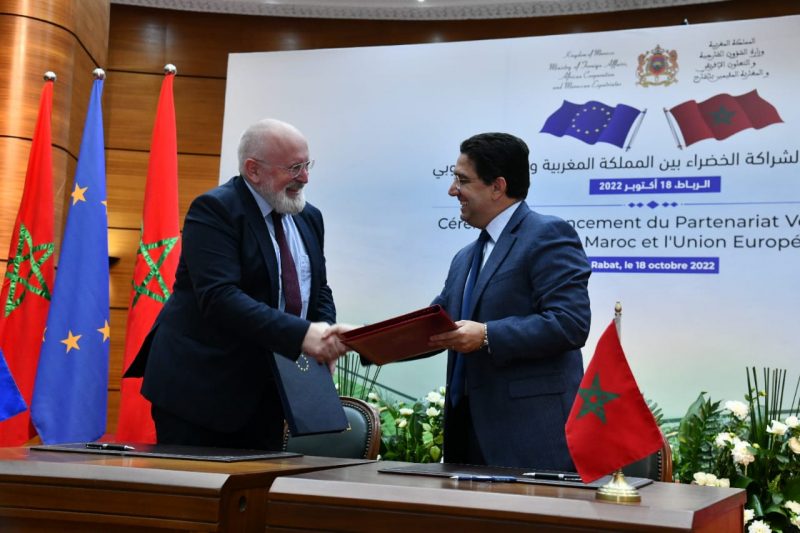Morocco and the European Union have reached a new trade agreement that formally covers agricultural goods from Western Sahara, following a 2024 European Court of Justice ruling that invalidated earlier accords. The revised deal, announced by Moroccan Foreign Minister Nasser Bourita ahead of a formal signing in Brussels, grants preferential tariffs to produce from the territory under the same terms as Moroccan exports, Reuters reported.
The agreement introduces new origin-labeling rules requiring products from Laayoune-Sakia El Hamra and Dakhla-Oued Eddahab to be clearly marked while still benefiting from tariff reductions. EU officials say the adjustment is designed to comply with the court’s requirement that goods from Western Sahara be distinguished without disrupting long-standing trade flows.
The move comes after growing legal and political pressure to resolve the fallout from the ECJ’s 2024 decision, which struck down earlier trade pacts for failing to secure proper consent from the people of Western Sahara. By revising the framework, both Morocco and the EU aim to provide legal certainty for exporters and avoid the risk of shipments being blocked at European borders.
Analysts describe the deal as strategically important. For Morocco, it secures export revenues from its southern provinces and reinforces its claims over the territory, while for the EU it prevents agricultural supply disruptions. Critics, however, including Sahrawi rights groups, argue that the agreement must guarantee local communities share in the economic benefits and that labeling rules are properly enforced.

